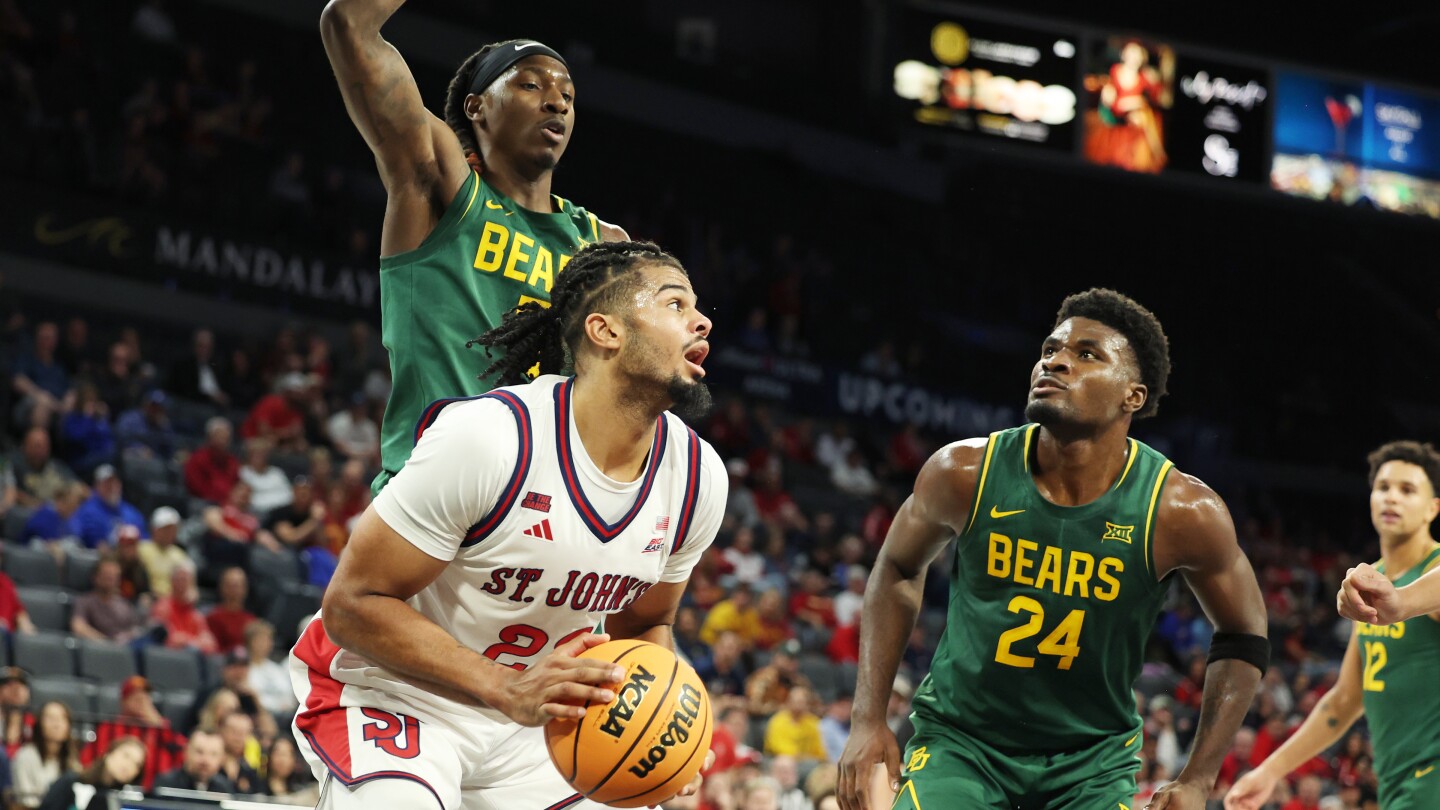Havelock High Graduate Chris DeSousa Receives NCSU Scholarship

Chris DeSousa, a 2025 graduate of Havelock High School, has been awarded a prestigious scholarship through the N.C. State University College of Education’s Transformational Scholarships Program. This initiative aims to support students from eastern North Carolina who are committed to returning to their communities as educators after completing their studies.
The Transformational Scholarships Program offers a minimum of $40,000 in scholarship funding over four years for eligible high school graduates. DeSousa expressed his gratitude, stating, “Eastern North Carolina is home. If I manage to impact the life of one kid there, that will be a drop in the bucket compared to how much this community has done for me.”
Supporting Future Educators
DeSousa is one of 14 students selected for the fourth cohort of the program, representing nine counties across eastern North Carolina. The cohort includes a diverse group of future educators, with majors ranging from elementary education to technology, engineering, and design education. Among the other recipients are:
– Katie Del Key from Brunswick County
– Jayleigh Locklear from Cumberland County
– McKenna Branch from Edgecombe County
– Lindsey Cliser from Martin County
– Elizabeth Cowen and Emmy Taylor from Onslow County
– Diana Harper from Pamlico County
– Chloe Hammonds from Robeson County
– Alondra Acosta, Daniel Aguilar, Heily Avila Ponce, and Brianna Jackson from Sampson County
Allison Mitchall, the assistant dean for student success at the N.C. State College of Education, highlighted the significance of this scholarship program. She stated, “Each of these future educators carries a deep connection to eastern North Carolina. Their commitment to return home to teach in the communities that helped shape them will make a lasting difference for local students.”
Comprehensive Support for Scholars
The Transformational Scholars receive a minimum of $10,000 per year, extending for up to four years. Additional financial support is available for those demonstrating greater need. Scholars also gain access to funds for professional development opportunities, including study abroad programs and conferences.
These students participate in field experiences, summer work, and student teaching placements that prepare them for teaching roles in eastern North Carolina. They benefit from direct mentoring by faculty members and education leaders in the region, many of whom are graduates of N.C. State’s Educational Leadership Academies. This mentorship fosters valuable connections and lifelong relationships among cohort members.
As Chris DeSousa embarks on this journey, his aspirations reflect a deep commitment to his community and a determination to contribute positively to the education landscape in eastern North Carolina.






